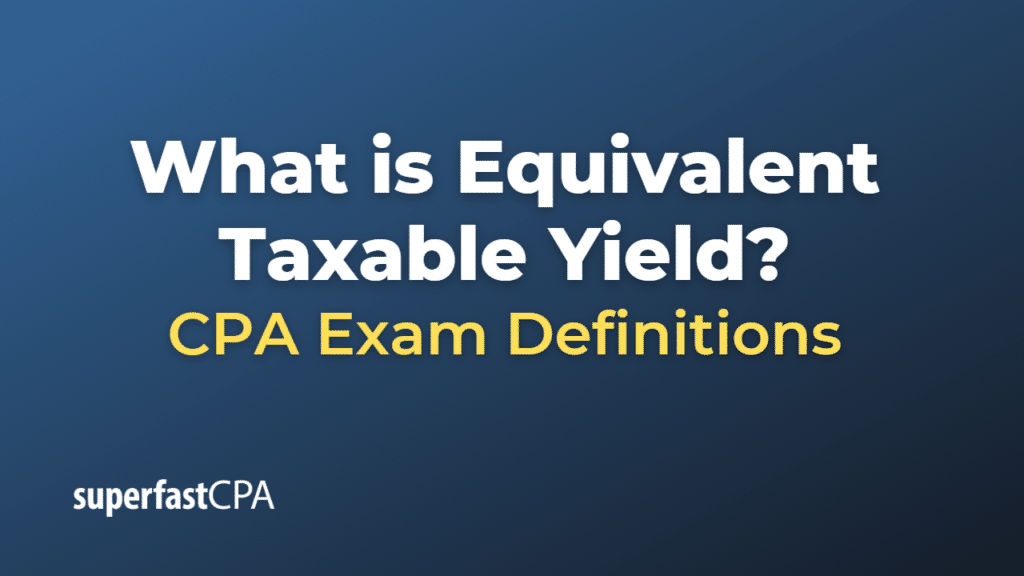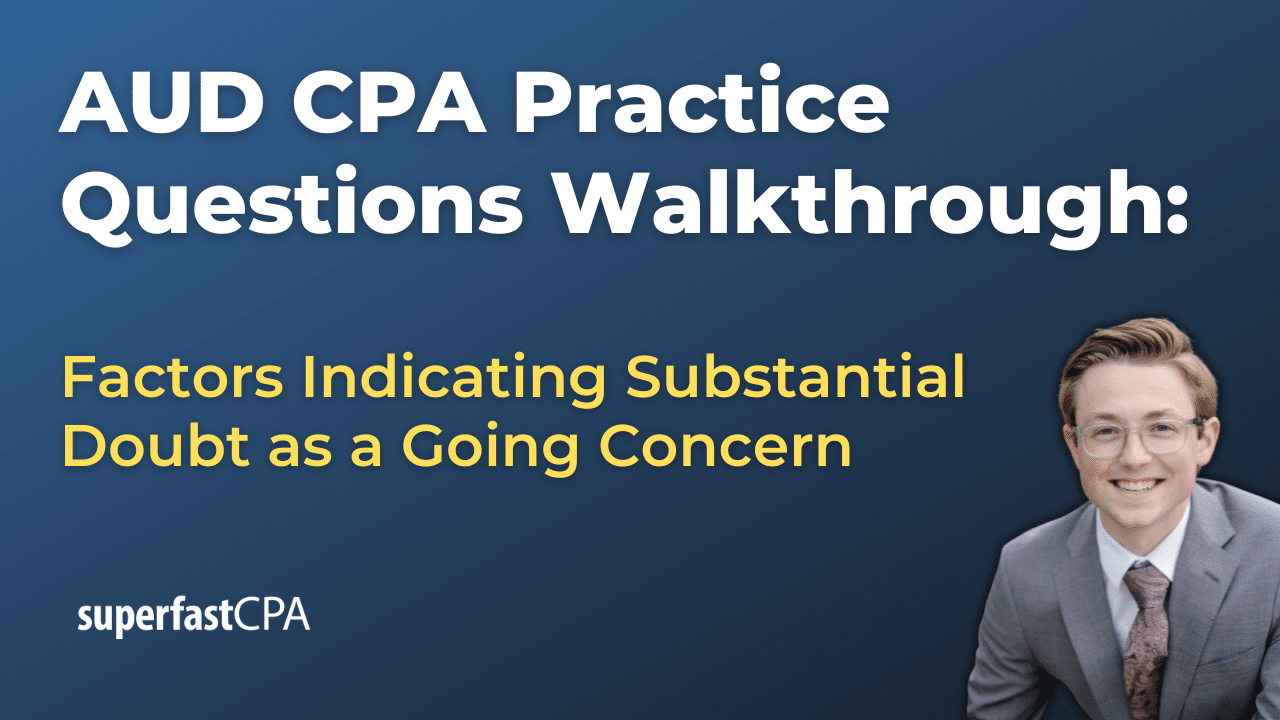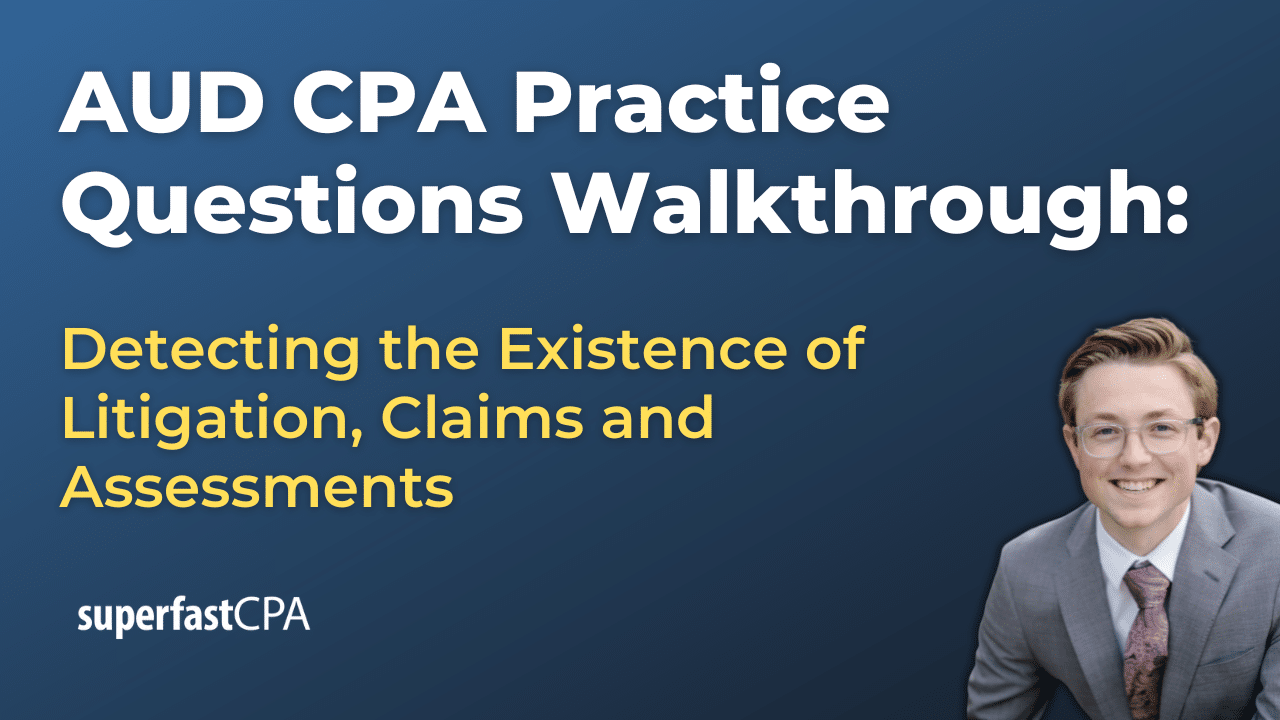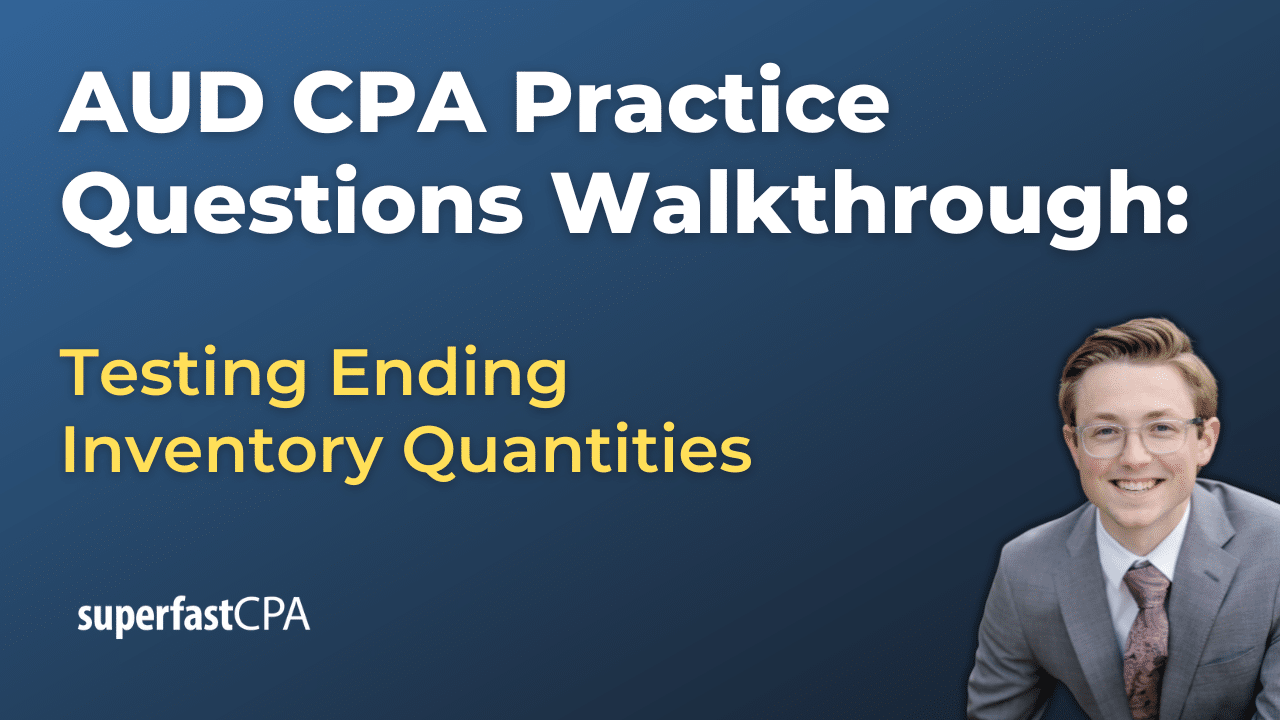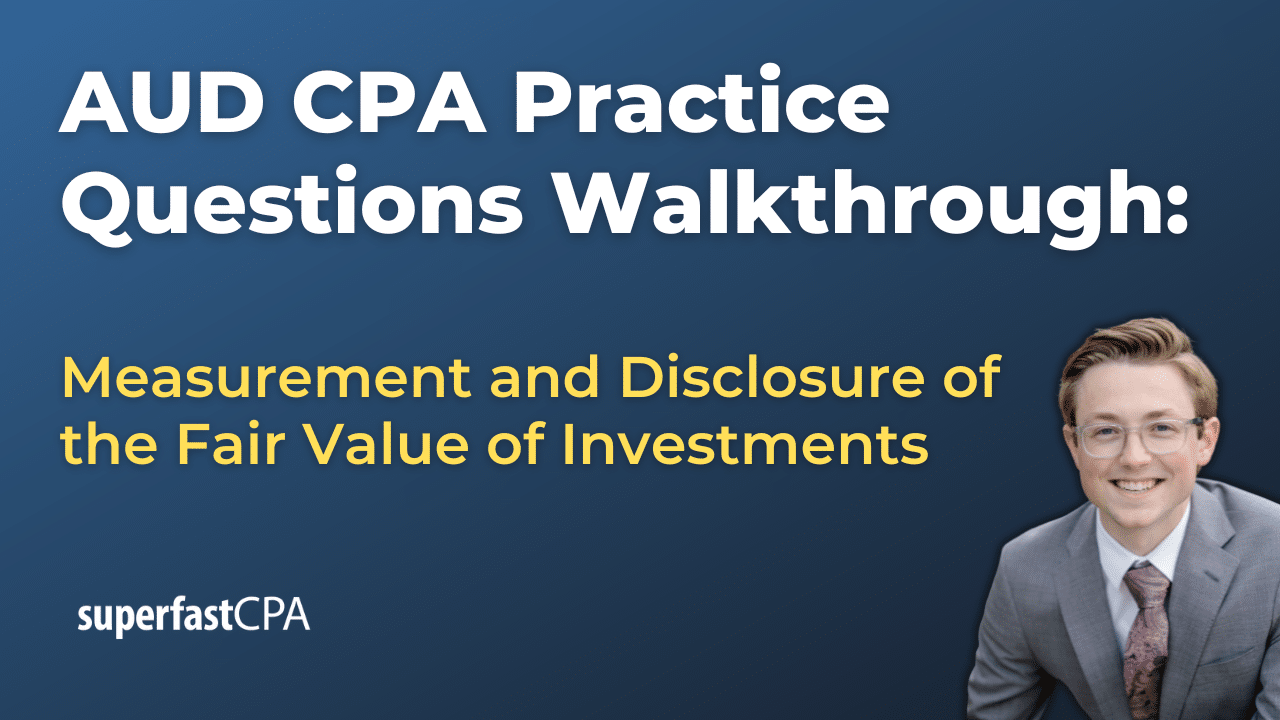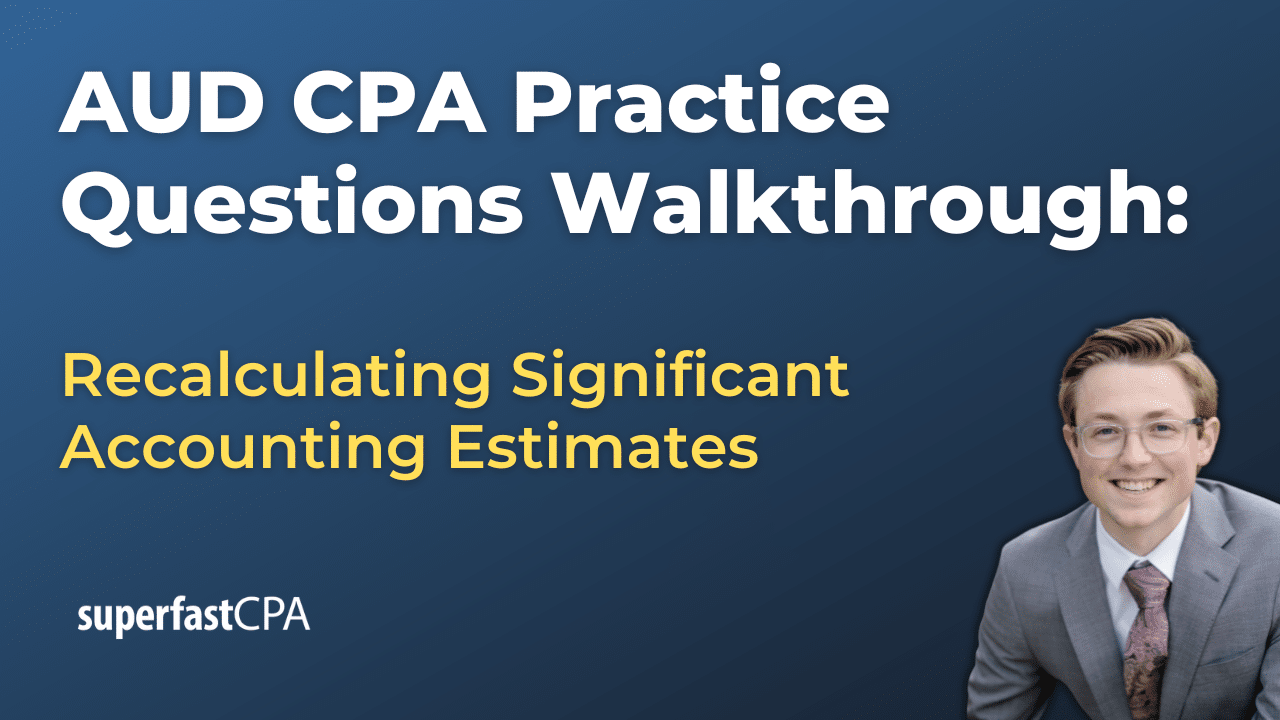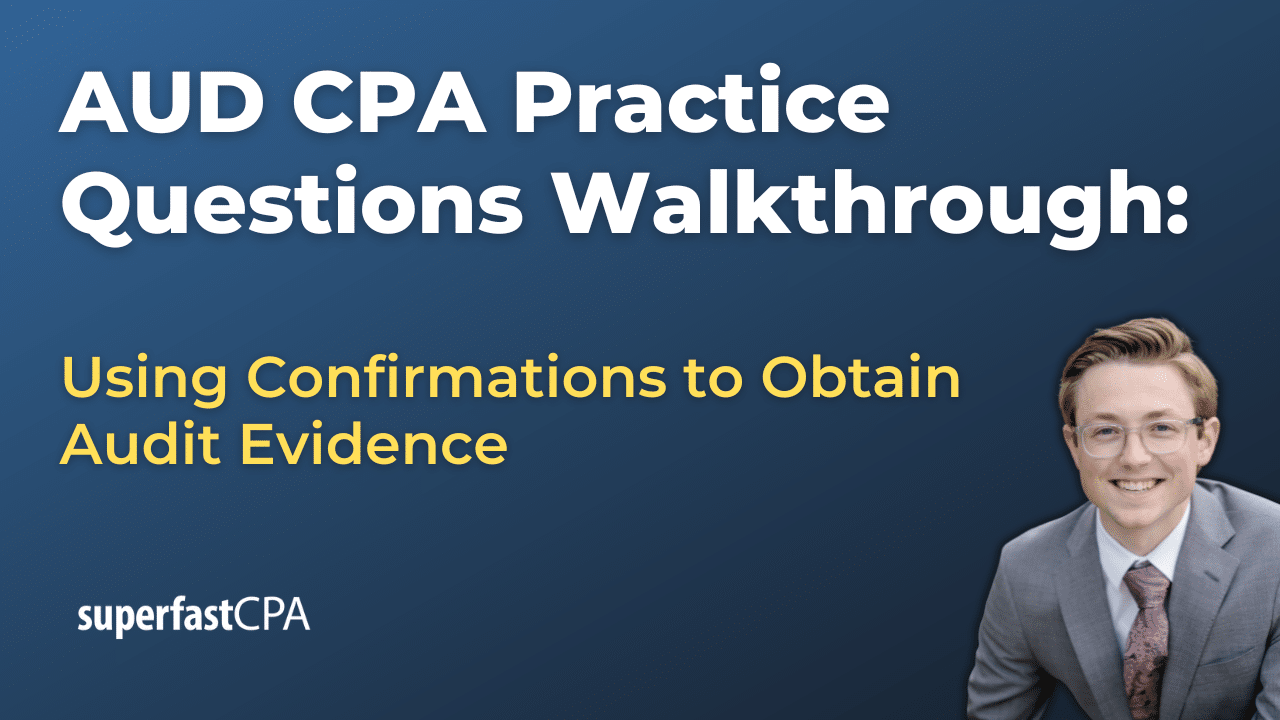Equivalent Taxable Yield
Equivalent taxable yield (ETY) is a calculation that allows investors to compare the yield of a tax-free bond to that of a taxable bond. Since municipal bonds offer interest that is often exempt from federal income tax, and sometimes state and local income tax, they tend to offer lower yields than taxable bonds, such as corporate bonds. To compare them fairly, you can convert a municipal bond’s yield to its equivalent taxable yield.
The formula to calculate the equivalent taxable yield is:
\(\text{Equivalent Taxable Yield} = \frac{\text{Tax-Exempt Yield}}{\text{1 – Tax Rate}} \)
Here, the tax rate should be the investor’s marginal tax rate – the tax rate on the last dollar of income earned.
This formula gives the yield that a taxable bond would have to offer to match the after-tax return of a tax-exempt bond. It’s useful for investors in high tax brackets, who might find that a lower-yielding tax-exempt bond actually provides a better after-tax return than a higher-yielding taxable bond.
Keep in mind that tax-exempt bonds are not always the best choice for all investors, especially those in lower tax brackets. It’s important for each investor to do the math and consider their individual circumstances.
Example of Equivalent Taxable Yield
Suppose you are considering investing in a municipal bond with a yield of 3%. You’re also looking at a corporate bond that is not tax-exempt. You are in the 32% marginal tax bracket.
To find out what yield the corporate bond would need to offer to be equivalent to the tax-exempt yield of the municipal bond after taxes, you would use the formula for equivalent taxable yield:
\(\text{Equivalent Taxable Yield} = \frac{\text{Tax-Exempt Yield}}{\text{1 – Tax Rate}} \)
Plug in the numbers:
\(\text{Equivalent Taxable Yield} = \frac{\text{0.03}}{\text{1 – 0.32}} \)
Solving this gives an equivalent taxable yield of approximately 4.41%.
This means that the corporate bond would need to offer a yield of 4.41% to provide the same after-tax income as the 3% yield from the municipal bond, given your marginal tax rate of 32%.
Remember, the exact tax implications for any investment can be complex and depend on many factors, including the investor’s total income, the type of account in which the investment is held, and the specific tax laws in the investor’s state or country. Therefore, it’s a good idea to consult with a tax professional or financial advisor before making investment decisions.

